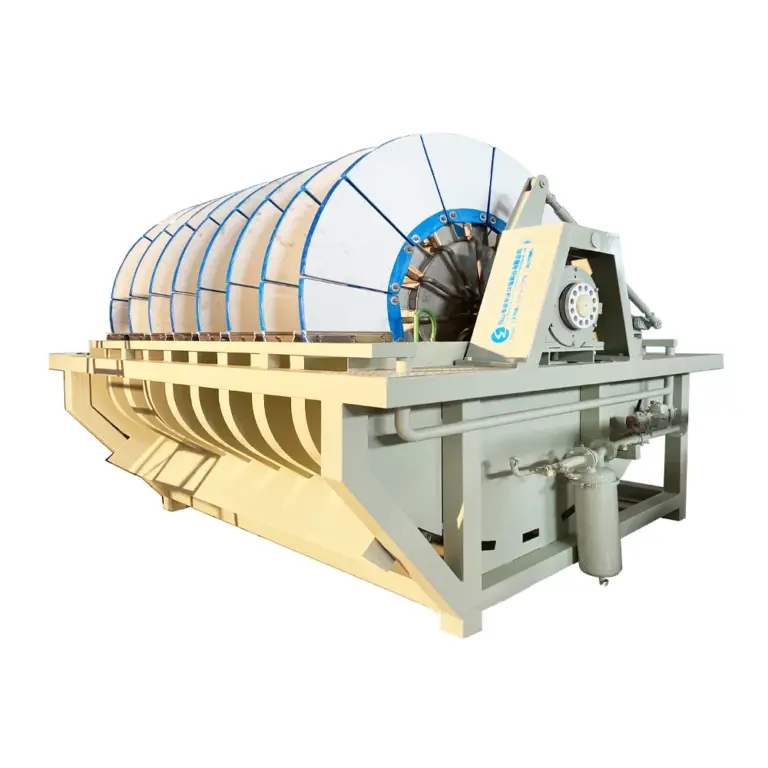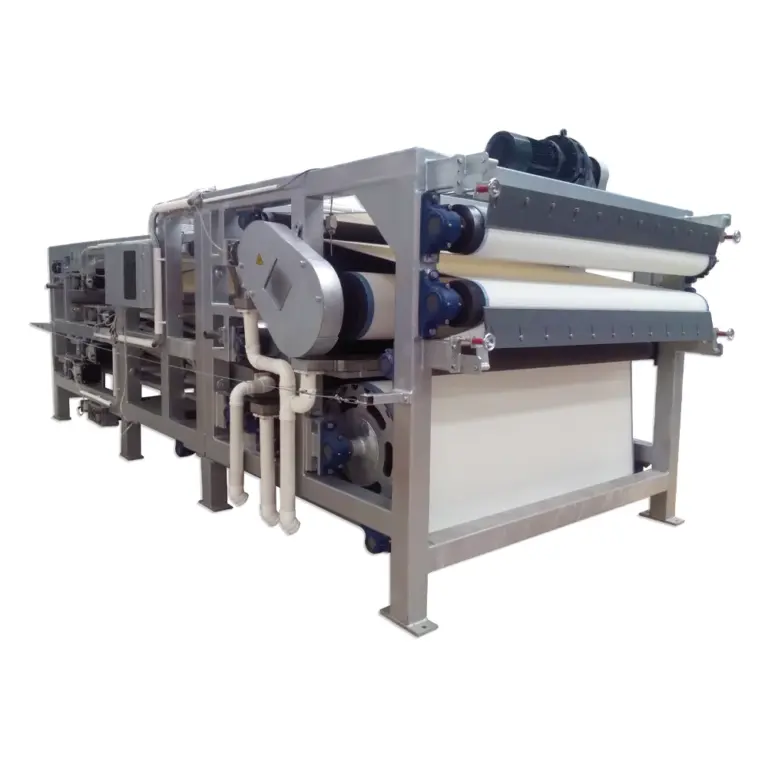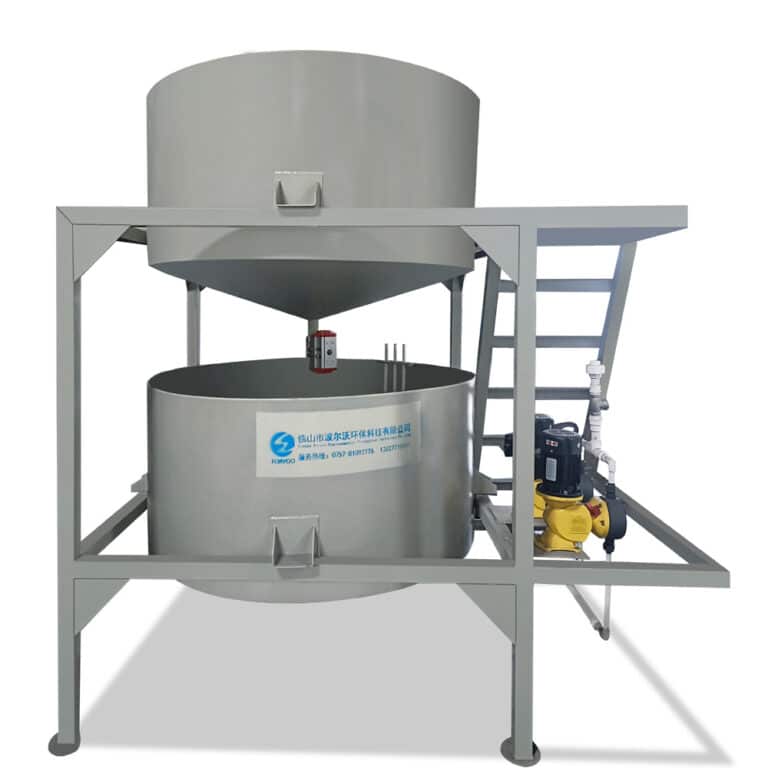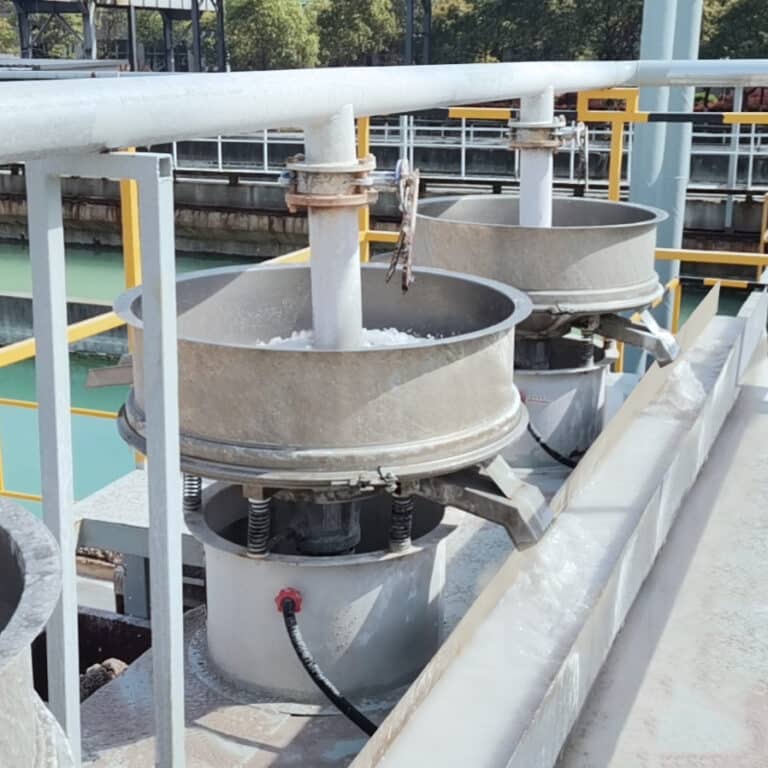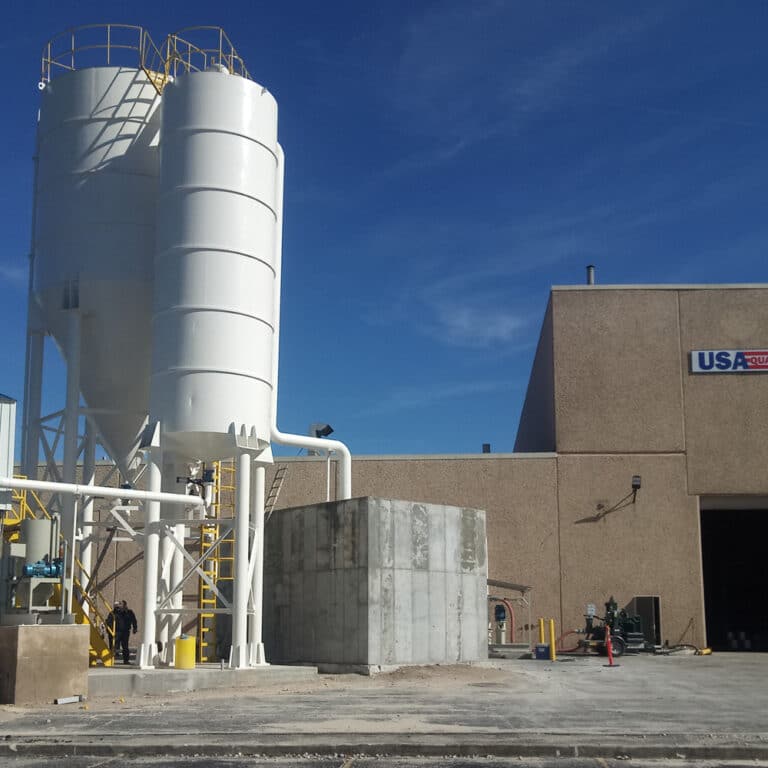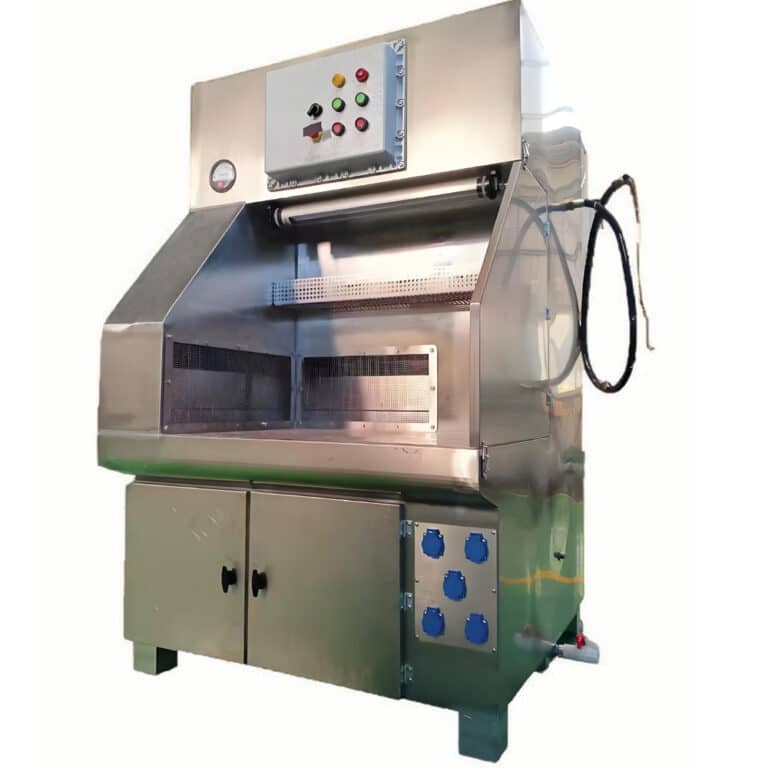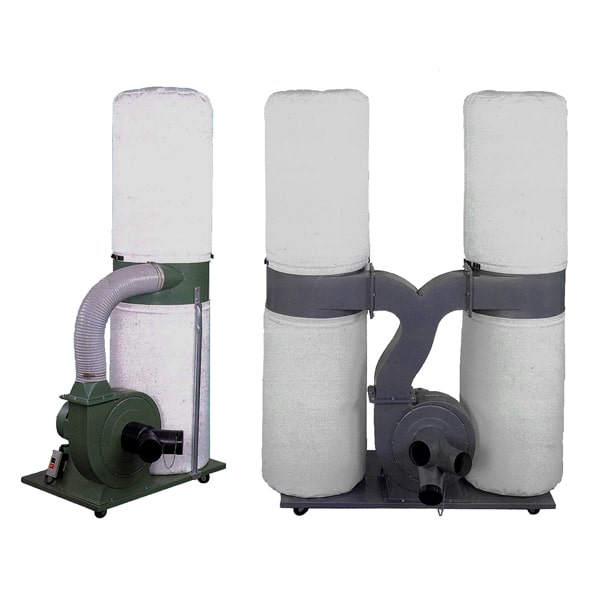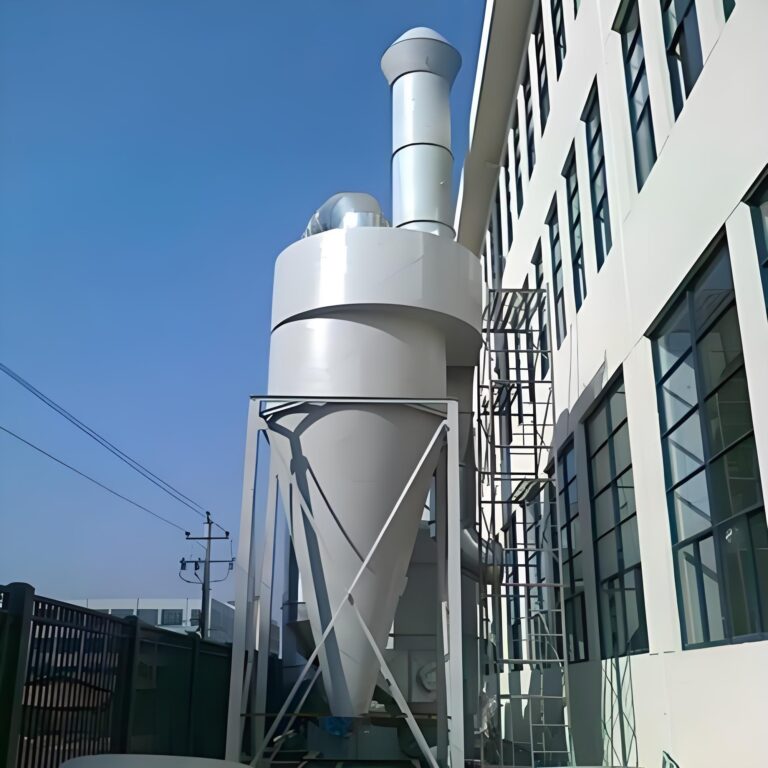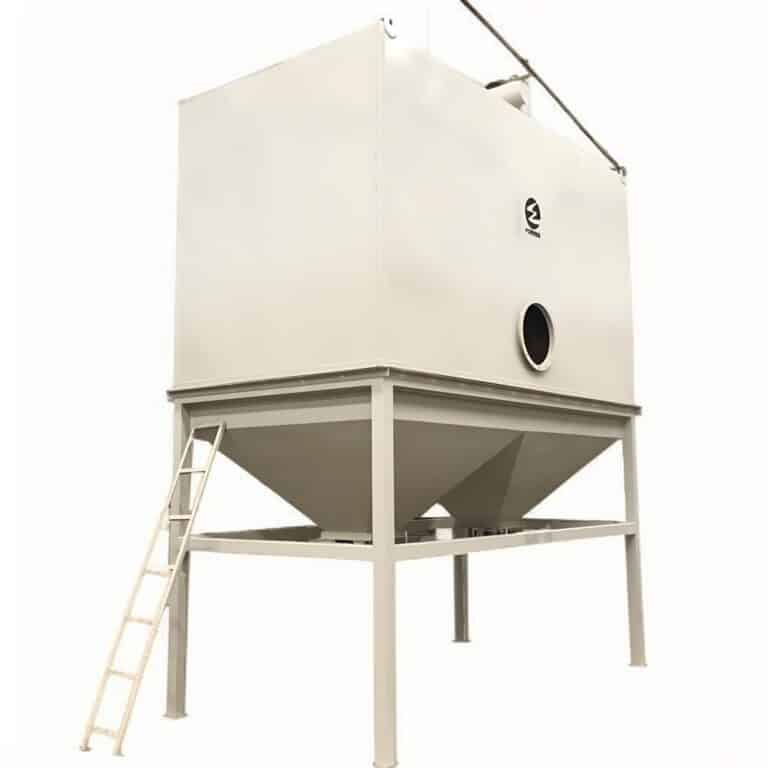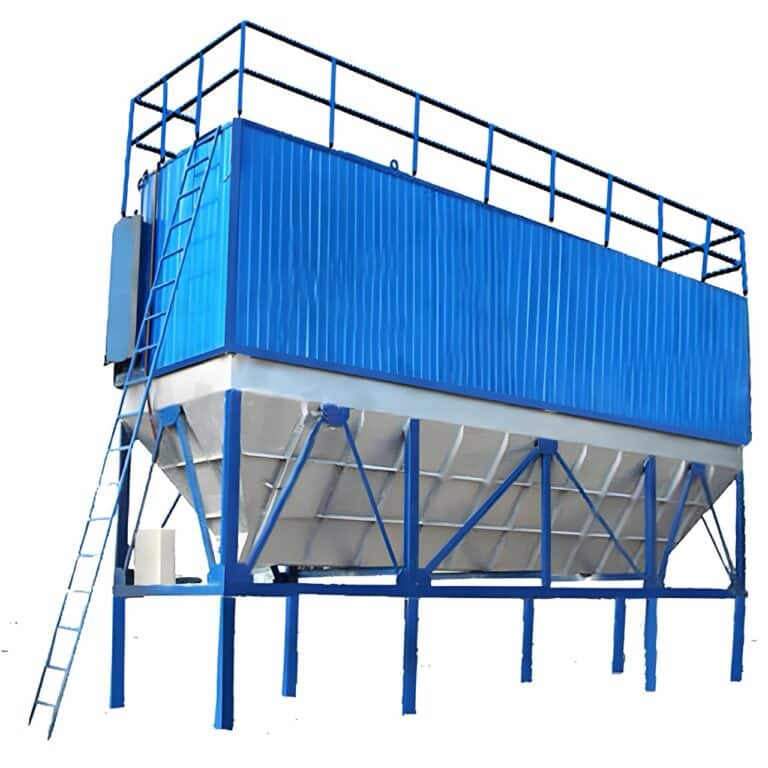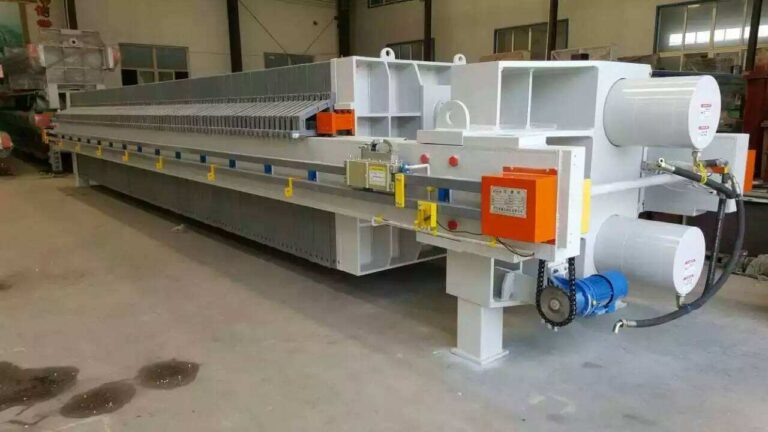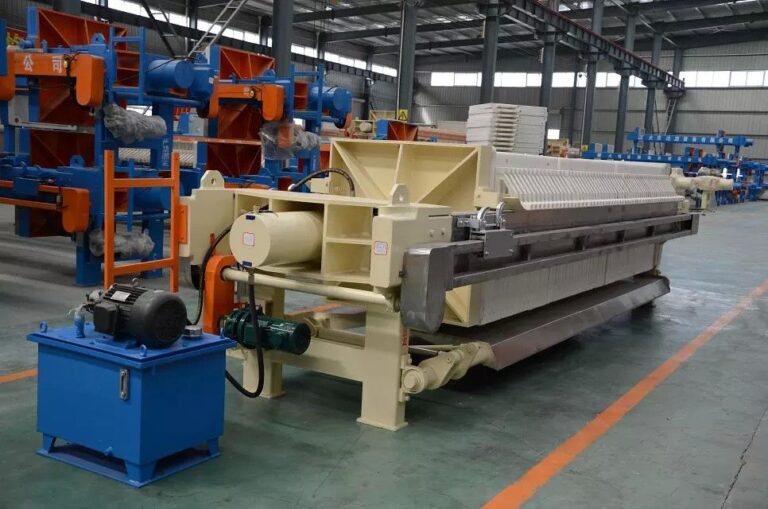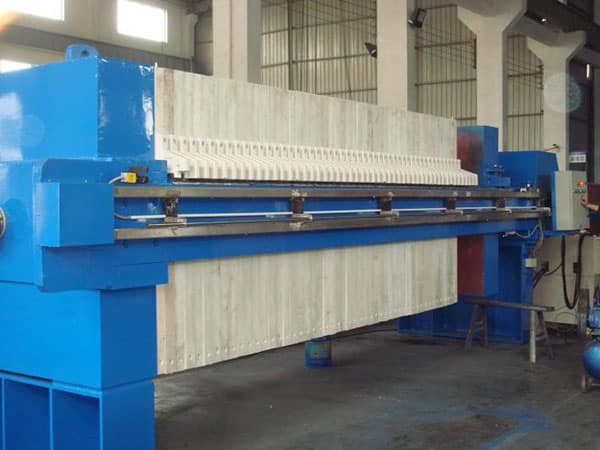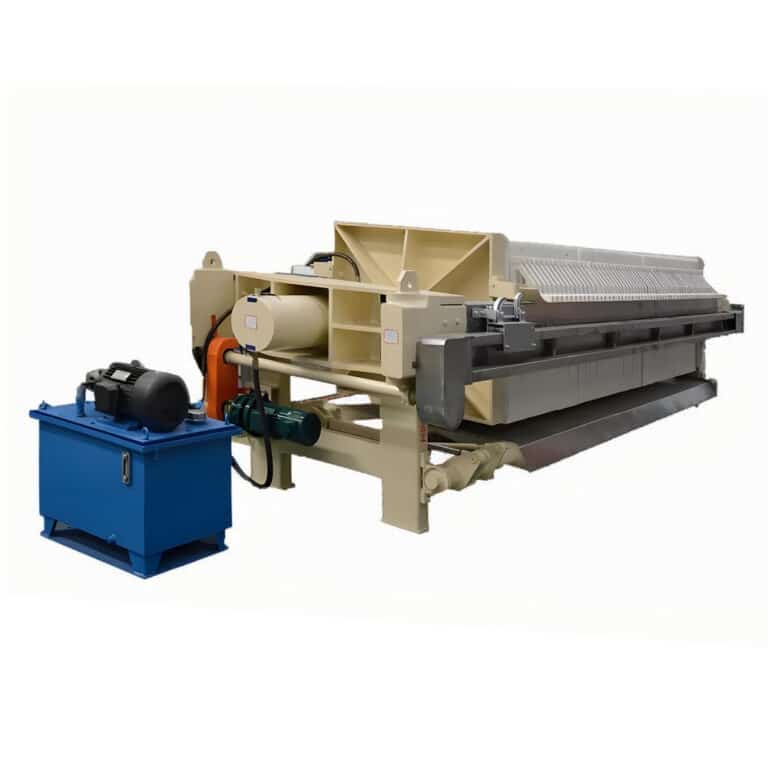Cyclone filter systems have revolutionized industrial processes across various sectors, offering efficient and cost-effective solutions for separating particles from gas or liquid streams. These innovative systems leverage the power of centrifugal force to remove contaminants, making them indispensable in numerous applications. From air pollution control to liquid purification, cyclone filters have become a cornerstone of modern industrial filtration technology.
In this comprehensive guide, we'll explore the diverse applications of cyclone filter systems, their working principles, and the benefits they bring to different industries. We'll delve into how these systems enhance productivity, improve product quality, and contribute to environmental sustainability. Whether you're a seasoned industry professional or new to the world of filtration technology, this article will provide valuable insights into the versatility and effectiveness of cyclone filter systems.
As we embark on this journey through the world of cyclone filtration, we'll uncover the key industries that rely on this technology, the specific challenges it addresses, and the innovative ways in which it's being implemented. From manufacturing to environmental protection, cyclone filter systems are making a significant impact, and understanding their applications is crucial for anyone involved in industrial processes or environmental management.
Cyclone filter systems are essential components in modern industrial processes, offering a highly efficient method for separating particles from gas or liquid streams through the use of centrifugal force.
How do cyclone filter systems work in industrial dust collection?
Cyclone filter systems play a crucial role in industrial dust collection, providing an effective first line of defense against airborne particulates. These systems utilize the principle of centrifugal force to separate dust and debris from the air, making them an ideal solution for many industrial environments.
In a typical cyclone dust collector, contaminated air enters the cylindrical body tangentially, creating a spinning vortex. As the air spirals downward, centrifugal force pushes heavier particles outward against the walls of the cyclone. These particles then fall into a collection bin at the bottom, while the cleaner air rises through the center of the cyclone and exits through the top.
The efficiency of cyclone filter systems in dust collection depends on various factors, including the size and density of the particles, the air velocity, and the cyclone's dimensions. PORVOO has developed advanced cyclone designs that optimize these parameters to achieve superior dust collection performance across a wide range of industrial applications.
| Parameter | Impact on Efficiency |
|---|---|
| Particle Size | Larger particles (>10 μm) are collected more efficiently |
| Air Velocity | Higher velocities improve separation but increase pressure drop |
| Cyclone Diameter | Smaller diameters increase efficiency for fine particles |
| Cyclone Length | Longer cyclones provide more time for particle separation |
Industrial cyclone dust collectors can remove up to 99% of particles larger than 5 microns, making them highly effective for capturing coarse and medium-sized dust particles in manufacturing environments.
What are the key advantages of using cyclone filter systems in air pollution control?
Cyclone filter systems offer several significant advantages in air pollution control, making them a popular choice for industries looking to improve their environmental performance. These systems provide an efficient and cost-effective solution for removing particulate matter from industrial emissions, helping companies meet stringent air quality regulations.
One of the primary benefits of cyclone filters in air pollution control is their ability to handle high dust loads without clogging. This makes them particularly useful as pre-filters in multi-stage air cleaning systems. By removing larger particles before the air reaches more sensitive filtration equipment, cyclone filters extend the life of secondary filters and reduce overall maintenance costs.
Moreover, cyclone filter systems are known for their simplicity and reliability. With no moving parts, they require minimal maintenance and can operate continuously for extended periods. This durability translates to lower operational costs and reduced downtime for industrial facilities.
| Advantage | Description |
|---|---|
| High Dust Load Capacity | Can handle large volumes of particulates without clogging |
| Low Maintenance | Simple design with no moving parts reduces upkeep requirements |
| Energy Efficiency | Operates with lower pressure drop compared to other filter types |
| Versatility | Effective for a wide range of particle sizes and types |
Cyclone filter systems can reduce particulate emissions by up to 90% in industrial settings, significantly contributing to improved air quality and compliance with environmental regulations.
How are cyclone filter systems applied in the food and beverage industry?
In the food and beverage industry, maintaining product purity and ensuring food safety are paramount concerns. Cyclone filter systems play a vital role in these efforts by providing efficient separation of solids from liquids and gases throughout various production processes.
One common application of cyclone filters in this sector is in the processing of powdered ingredients. For instance, in flour milling, cyclones are used to separate flour particles from the air stream, ensuring efficient collection of the product while minimizing dust emissions. Similarly, in the production of powdered milk or coffee, cyclone separators help in recovering fine product particles, improving yield and reducing waste.
Cyclone filter systems are also employed in beverage production for tasks such as removing yeast from beer or separating pulp from fruit juices. Their ability to handle high flow rates and separate particles of varying densities makes them invaluable in these applications.
| Application | Benefit |
|---|---|
| Flour Milling | Efficient product collection and dust control |
| Powdered Milk Production | Improved yield and reduced product loss |
| Beverage Clarification | Effective removal of suspended solids |
| Spice Processing | Separation of ground spices from air stream |
In the food industry, cyclone filter systems can achieve separation efficiencies of up to 98% for particles larger than 10 microns, significantly enhancing product quality and production efficiency.
What role do cyclone filter systems play in the pharmaceutical industry?
The pharmaceutical industry relies heavily on precise processes and stringent quality control measures. Cyclone filter systems contribute significantly to these requirements by providing efficient particle separation in various stages of drug manufacturing and processing.
In pharmaceutical production, cyclone filters are often used in spray drying processes, where they help separate dried drug particles from the air stream. This application is crucial for producing powdered medications with consistent particle sizes. The Cyclone Filter System Applications in this context ensure high product recovery rates while maintaining the purity of the final product.
Another important application is in tablet coating processes. Cyclone separators efficiently remove excess coating material from the air, allowing for its recovery and reuse. This not only improves process efficiency but also reduces waste and environmental impact.
| Application | Function |
|---|---|
| Spray Drying | Separation of dried drug particles from air |
| Tablet Coating | Recovery of excess coating material |
| Powder Handling | Dust control and product recovery |
| Granulation | Separation of granules from process air |
Cyclone filter systems in pharmaceutical manufacturing can achieve product recovery rates of up to 99.9%, significantly reducing material loss and ensuring consistent drug quality.
How do cyclone filter systems enhance efficiency in the chemical industry?
The chemical industry faces unique challenges in handling diverse materials and ensuring process efficiency. Cyclone filter systems offer robust solutions to many of these challenges, particularly in the areas of product recovery, emission control, and process optimization.
In chemical manufacturing, cyclone separators are often used to recover valuable catalysts or products from gas streams. Their ability to handle high temperatures and corrosive environments makes them suitable for a wide range of chemical processes. For instance, in polymer production, cyclones can efficiently separate polymer particles from the carrier gas, ensuring high product recovery rates.
Cyclone filter systems also play a crucial role in emission control within chemical plants. By removing particulate matter from exhaust gases, they help facilities comply with environmental regulations while protecting downstream equipment from contamination.
| Application | Advantage |
|---|---|
| Catalyst Recovery | High-efficiency separation in harsh conditions |
| Polymer Production | Effective product recovery from gas streams |
| Emission Control | Removal of particulates from exhaust gases |
| Solvent Recovery | Separation of solvent droplets from vapor streams |
In the chemical industry, cyclone filter systems can achieve separation efficiencies of up to 99% for particles larger than 5 microns, significantly improving product quality and process efficiency.
What benefits do cyclone filter systems bring to the mining and minerals industry?
The mining and minerals industry relies heavily on efficient separation processes to extract valuable materials from ore. Cyclone filter systems play a crucial role in these operations, offering robust and effective solutions for particle separation in various stages of mineral processing.
One of the primary applications of cyclone filters in this sector is in mineral classification. Hydrocyclones, a type of cyclone separator designed for liquid-solid separation, are used to classify ore particles by size and density. This process is essential for optimizing downstream processes such as flotation or leaching.
Cyclone separators are also employed in dewatering applications, where they help remove excess water from mineral slurries. This not only improves the efficiency of subsequent processing steps but also reduces energy consumption in drying operations.
| Application | Benefit |
|---|---|
| Mineral Classification | Efficient sorting of particles by size and density |
| Dewatering | Removal of excess water from mineral slurries |
| Dust Collection | Control of airborne particulates in crushing and grinding operations |
| Dense Medium Separation | Enhanced recovery of valuable minerals |
In mineral processing, cyclone filter systems can achieve classification efficiencies of up to 95%, significantly improving the overall recovery of valuable minerals and reducing processing costs.
How are cyclone filter systems utilized in the oil and gas industry?
The oil and gas industry faces numerous challenges in separating complex mixtures of liquids, gases, and solids. Cyclone filter systems provide effective solutions for many of these separation tasks, contributing to improved process efficiency and product quality.
In offshore oil production, cyclone separators are used to remove sand and other solid particles from produced water. This application is crucial for protecting downstream equipment and meeting environmental discharge standards. Hydrocyclones are particularly effective in this context, offering compact and efficient separation in the limited space available on offshore platforms.
Cyclone filter systems also play a vital role in natural gas processing. They are used to remove liquid droplets and solid particles from gas streams, ensuring the quality of the final product and protecting compressors and other equipment from damage.
| Application | Function |
|---|---|
| Sand Separation | Removal of solid particles from produced water |
| Gas Dehydration | Separation of liquid droplets from natural gas |
| Drilling Mud Cleaning | Removal of cuttings and debris from drilling fluids |
| Vapor Recovery | Separation of oil mist from vapor streams |
In oil and gas applications, cyclone filter systems can achieve separation efficiencies of up to 98% for particles larger than 10 microns, significantly improving process efficiency and equipment protection.
What future developments can we expect in cyclone filter system applications?
As industries continue to evolve and face new challenges, cyclone filter system applications are expected to advance alongside them. Future developments in this field are likely to focus on improving efficiency, expanding the range of applications, and integrating smart technologies for enhanced performance monitoring and control.
One area of potential growth is the development of hybrid cyclone systems that combine cyclonic separation with other filtration technologies. These advanced systems could offer even higher separation efficiencies across a broader range of particle sizes, addressing some of the current limitations of traditional cyclone filters.
Another promising direction is the integration of artificial intelligence and machine learning algorithms into cyclone filter system control. These technologies could optimize system performance in real-time, adjusting parameters based on changing input conditions to maintain peak efficiency.
| Future Trend | Potential Impact |
|---|---|
| Hybrid Systems | Improved separation efficiency across wider particle size ranges |
| AI Integration | Real-time optimization of system performance |
| Nanoengineered Surfaces | Enhanced particle capture and reduced pressure drop |
| Modular Designs | Greater flexibility for customization and scalability |
Future cyclone filter systems are expected to achieve separation efficiencies of up to 99.9% for particles as small as 1 micron, revolutionizing their applicability across various industries.
In conclusion, cyclone filter systems have proven to be versatile and effective solutions for particle separation across a wide range of industries. From air pollution control to mineral processing, these systems offer significant benefits in terms of efficiency, cost-effectiveness, and environmental compliance. As technology continues to advance, we can expect cyclone filter systems to play an increasingly important role in industrial processes, contributing to cleaner production methods and improved resource utilization.
The applications of cyclone filter systems are vast and continue to expand as industries seek more efficient and sustainable solutions. Whether it's improving air quality in manufacturing facilities, enhancing product recovery in pharmaceutical production, or optimizing separation processes in the oil and gas industry, cyclone filters have demonstrated their value time and time again.
As we look to the future, the continued development and refinement of cyclone filter technology promise even greater benefits. With advancements in materials science, control systems, and hybrid technologies, the next generation of cyclone filters is poised to offer unprecedented levels of performance and versatility.
For industries looking to improve their separation processes, reduce environmental impact, or enhance product quality, exploring the potential of cyclone filter systems is a worthwhile endeavor. As demonstrated throughout this article, the right cyclone filter solution can bring significant improvements to a wide range of industrial applications, driving efficiency and sustainability in equal measure.
External Resources
How do cyclone filters work and what are they suitable for? – This article explains the operation of cyclone filters, which use centrifugal force to separate solids from liquids. It covers various applications, including wastewater treatment, cooling water systems, the petrochemical industry, offshore and marine industry, and agriculture.
How a Cyclone Separator improves Industrial Dust Collection – This blog post discusses how cyclone separators enhance industrial dust collection systems by pre-filtering and removing larger particles, extending filter life, and improving air quality.
How Cyclonic Filtration Works – This resource details the mechanism of cyclonic filtration systems, particularly those used by Encyclon for metalworking and other liquid operations. It explains the centrifugal force-based separation process and the efficiency of these systems.
Baghouse Cyclone Decoded: A Comprehensive Guide – This guide provides an in-depth look at baghouse cyclones, which combine centrifugal force and filtration mechanisms to separate particles from gas streams. It highlights the features and benefits of the Torch Cyclone Bag Filter.
Cyclone Separators for Industrial Applications – This page from Suez Water Technologies describes cyclone separators and their applications in various industrial settings, including water treatment and process industries.
Cyclone Filtration Systems – This bulletin from Parker Hannifin outlines the principles and applications of cyclone filtration systems, focusing on their use in hydraulic and lubrication systems.
